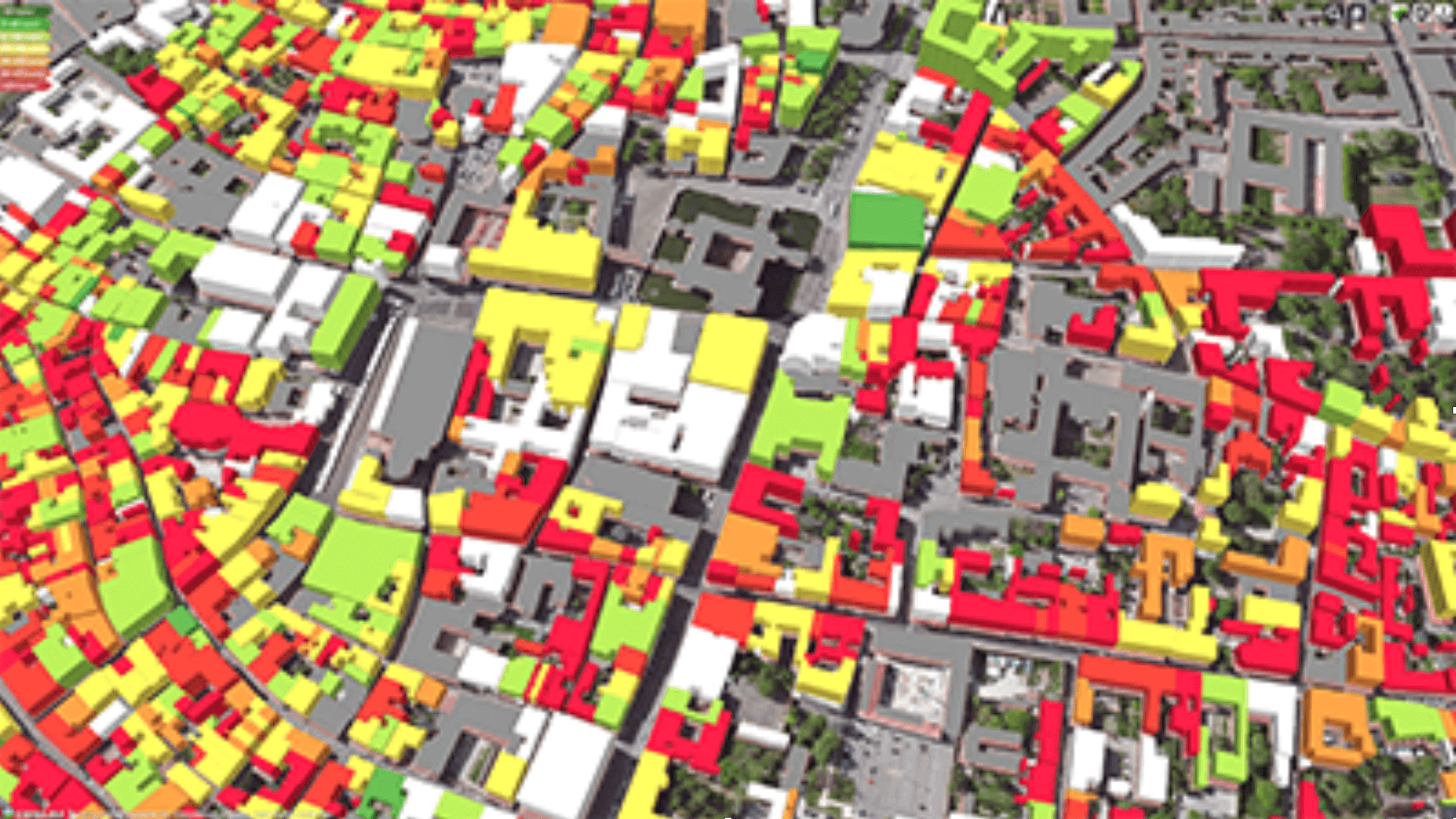
Guest Post: INSPIRE data specifications extensions in GeoSmartCity
Wetransform collaborates with partners to build a network of INSPIRE experts and to distribute the hale connect INSPIRE platform solution. As part of this collaboration, we will regularly invite guest posts. This post was written by Giacomo Martirano, Stefania Morrone and Fabio Vinci of Epsilon Italia and edited by Thorsten Reitz of wetransform.
Since 2014, we’re working on the GeoSmartCity (GSC) project. Our goal is to demonstrate that making geo-data interoperable and reusable by means of open standards creates an economic value. Its scope encompasses two scenarios: underground infrastructures and green energy, and it addresses four target groups: public authorities, utilities, small businesses and citizens.

The main challenge we encountered during the project lies in the harmonization of spatial datasets of 11 pilots belonging to 8 different Member States. To address this challenge, we defined a set of use cases and made an inventory of the source datasets used by the 11 pilots. Starting from these user cases, we collected and structured the data modelling requirements.
From the requirements, it was clear that the pilots would need information that is not covered by the INSPIRE data specifications. We thus decided to develop an extension of the INSPIRE data models. In line with the extension methodology described in the INSPIRE Generic Conceptual Model, the GeoSmartCity application schemas import INSPIRE application schemas and add new elements.
We initially planned to start our data modelling work on the extended data models already contained in the Data Specification Technical Guidelines (but not in the Implementing Rules) and to extend them in order to meet the GeoSmartCity data modelling requirements, but this approach was disregarded due to the following reasons:
- As highlighted in the INSPIRE website, the extended data models should be considered as draft and therefore be used with caution. Extended application schemas in fact are not present in the official repository of INSPIRE schemas and in most cases no valid relevant XML Schema exists in draft schema repository yet.
- Extended schemas present in the INSPIRE draft schema repository do not entirely fit for purpose because major changes would still be necessary to meet the GeoSmartCity data modelling requirements.
Therefore, we decided on a second approach. We extended the relevant INSPIRE core application schemas (included in the Implementing Rules) and re-used attributes defined in the INSPIRE extended draft application schemas (included only in the Data Specifications). Finally, we added new object classes.
In this way two important results have been achieved:
- Full consistency of the GeoSmartCity data models with the corresponding INSPIRE core schemas, which are binding by law, has been ensured, i.e. conformity of the datasets to the GeoSmartCity data models implies conformity to the relevant INSPIRE core schemas;
- The extension process begun from a solid starting point, constituted by the relevant INSPIRE core schemas.
We designed the UML data models with Enterprise Architect and used it to generate the GML application schemas (XSD files). In order to ensure full correctness of the XSD files, some manual fine tuning has been necessary.
To validate that the data model satisfies the pilot use case requirements, we used the transformation testing methodology. In this approach, the model is populated with harmonized data, which is then used. To perform the actual data transformation from heterogeneous source datasets towards the common GeoSmartCity target data models, we used the open source transformation tool HALE. The team behind HALE, wetransform, has supported us in GeoSmartCity, and they are now building an end-to-end INSPIRE solution. This solution will make it much easier to design data models based on open specifications like INSPIRE.
If you want to learn more about the GSC data models and download the XML schema files, check these links:
Still want to know more about INSPIRE data specifications, INSPIRE services, or INSPIRE data transformation? Visit our joint booth with Epsilon Italia, Geosparc and wetransform at GWF 2016!

